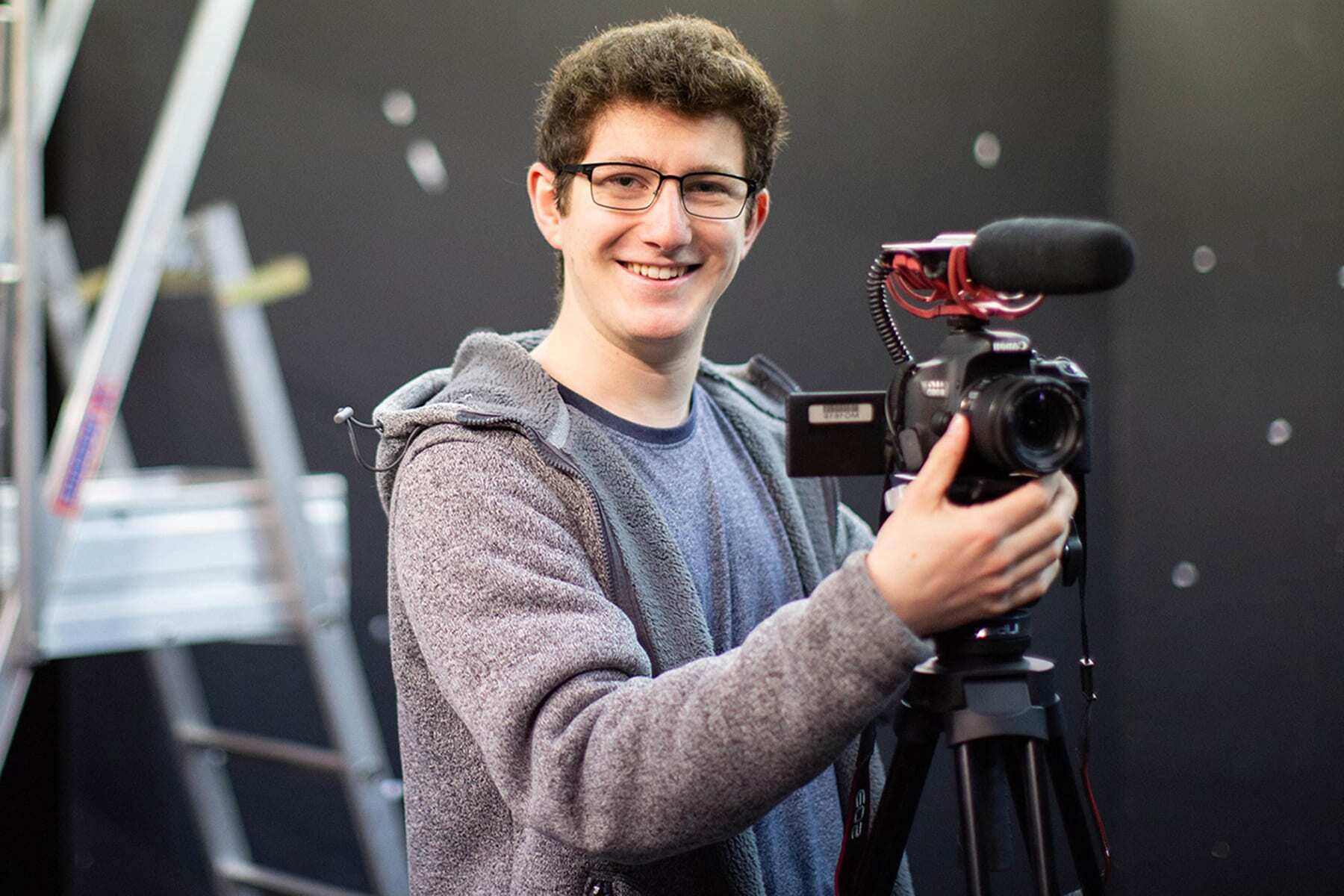
Film studies is a fascinating field that dives deep into the world of movies, exploring everything from the history of cinema to the techniques used by filmmakers. Ever wondered how directors create those jaw-dropping scenes or why certain films leave a lasting impact? Film studies answers these questions and more. This discipline isn't just about watching movies; it's about understanding the art, culture, and technology behind them. Whether you're a budding filmmaker, a movie buff, or just curious, learning about film studies can open up a whole new perspective on the films you love. Ready to uncover some intriguing facts? Let's get started!
Key Takeaways:
- Film studies began in the early 20th century, focusing on silent films and evolving to include concepts like mise-en-scène and influential film theorists. It's a fascinating journey from the origins to the modern era of cinema analysis.
- Different film genres, technological advancements, and the role of film festivals have all played a significant role in shaping the film industry and film studies. From film noir to digital filmmaking, each aspect has left a unique mark on the world of cinema.
The Origins of Film Studies
Film studies have a rich history. Understanding its origins helps appreciate its evolution.
-
Film studies began in the early 20th century. Universities started offering courses on film theory and history around the 1920s.
-
The first film school was established in 1919. The Moscow Film School, now known as the Gerasimov Institute of Cinematography, was the first of its kind.
-
Early film studies focused on silent films. Scholars analyzed the visual storytelling techniques used before sound was introduced.
Key Concepts in Film Studies
Film studies encompass various concepts that help analyze and understand films better.
-
Mise-en-scène is a fundamental concept. It refers to everything that appears before the camera, including sets, props, actors, costumes, and lighting.
-
Cinematography is crucial. This involves the art of making motion pictures, focusing on camera work and lighting.
-
Editing shapes the narrative. The process of selecting and combining shots into sequences influences the film's pace and storytelling.
Influential Film Theorists
Several theorists have significantly impacted film studies, shaping how films are analyzed and understood.
-
Sergei Eisenstein is a pioneer. Known for his theory of montage, Eisenstein believed editing could create new meanings.
-
André Bazin co-founded Cahiers du Cinéma. His writings emphasized realism and the importance of long takes.
-
Laura Mulvey introduced the concept of the male gaze. Her essay "Visual Pleasure and Narrative Cinema" revolutionized feminist film theory.
Film Genres and Their Impact
Different film genres have unique characteristics and cultural impacts.
-
Film noir emerged in the 1940s. Known for its dark, cynical themes and visual style, it influenced many modern thrillers.
-
The Western genre shaped American cinema. These films often depicted frontier life and the conflict between civilization and wilderness.
-
Science fiction explores futuristic concepts. This genre often addresses societal issues through imaginative settings and advanced technology.
The Role of Film Festivals
Film festivals play a significant role in the film industry and film studies.
-
The Cannes Film Festival started in 1946. It is one of the most prestigious film festivals globally, showcasing new films from around the world.
-
Sundance Film Festival promotes independent films. Founded by Robert Redford, it has become a major platform for indie filmmakers.
-
The Toronto International Film Festival is influential. Known for its diverse selection, it often predicts Oscar contenders.
Technological Advancements in Film
Technology has continuously shaped and transformed the film industry.
-
The introduction of sound in 1927 was revolutionary. "The Jazz Singer" was the first feature-length film with synchronized dialogue.
-
Color films became mainstream in the 1930s. "The Wizard of Oz" and "Gone with the Wind" showcased the potential of Technicolor.
-
Digital filmmaking has changed the industry. The shift from film to digital has made filmmaking more accessible and versatile.
The Final Scene
Film studies offer a fascinating glimpse into the world of cinema. From understanding the history of film to analyzing cinematic techniques, this field covers a lot. Students learn about film theory, genre analysis, and the impact of cinema on society. They also get hands-on experience with filmmaking and screenwriting.
Whether you're a movie buff or just curious, film studies can deepen your appreciation for movies. It’s not just about watching films; it’s about understanding the art and craft behind them. So, next time you watch a movie, think about the directorial choices, camera angles, and storytelling techniques. You might see things in a whole new light.
Film studies open doors to various careers in the entertainment industry, from directing to film criticism. Dive in and explore the magic of cinema!
Frequently Asked Questions
Was this page helpful?
Our commitment to delivering trustworthy and engaging content is at the heart of what we do. Each fact on our site is contributed by real users like you, bringing a wealth of diverse insights and information. To ensure the highest standards of accuracy and reliability, our dedicated editors meticulously review each submission. This process guarantees that the facts we share are not only fascinating but also credible. Trust in our commitment to quality and authenticity as you explore and learn with us.
